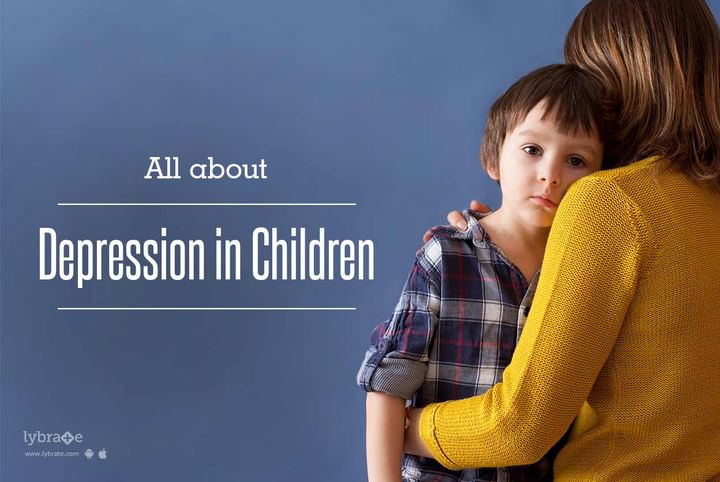All About Depression in Children
Depression in children is not a very uncommon phenomenon. But if the feeling of sadness persists over a period of time with little or no change to their behavior, then it can be seen as a symptom of depression. Children who are suffering from depression need immediate and utmost care as negligence may cause severe long term effects on the child. Read on to find more about them.
Symptoms:
Symptoms that indicate childhood depression vary. Some of the different symptoms which indicate depression are:
- Social withdrawal
- Irritability
- Feeling of worthlessness
- Difficulty in concentrating
- Reduced ability to function during events
- Continuous feelings of sadness
- Physical complaints
Causes:
- Depression in children can be caused due to the combination of a multitude of reasons.
- Children from a family history of depression are more likely to be suffering from depression.
- Similarly if the parents suffer from depression then it is more than likely that the child will also suffer from depression.
- Children from conflicted families or children and teens who are prone to substance or alcohol abuse can suffer from depression.
- Reasons such as physical health, environment, genetic vulnerability or biochemical disturbance can lead to depression.
Treatment:
The treatment process of depression in children is similar to that of adults and can be treated with psychotherapy and medication. If your child is depressed consult a general physician who after his or her diagnosis may refer you to a psychiatrist. The medical specialist will recommend psychotherapy.
In some instances, a child suffering from depression maybe be suicidal. Parents are advised to be vigilant and observe certain behavioral changes that the child may have adapted to or suddenly switched to.
Some of the signs are mentioned below:
- Changes in eating, sleeping or activities
- Isolating oneself even from family
- Talking of suicide, feeling helpless or hopeless
- Increased risk taking behavior
- Substance abuse
- Giving away possessions
Sessions at first and then opt for antidepressant medication if no significant progress is seen. The best results often result from a combination of prescribed medication along with multiple sessions of psychotherapy.



+1.svg)
